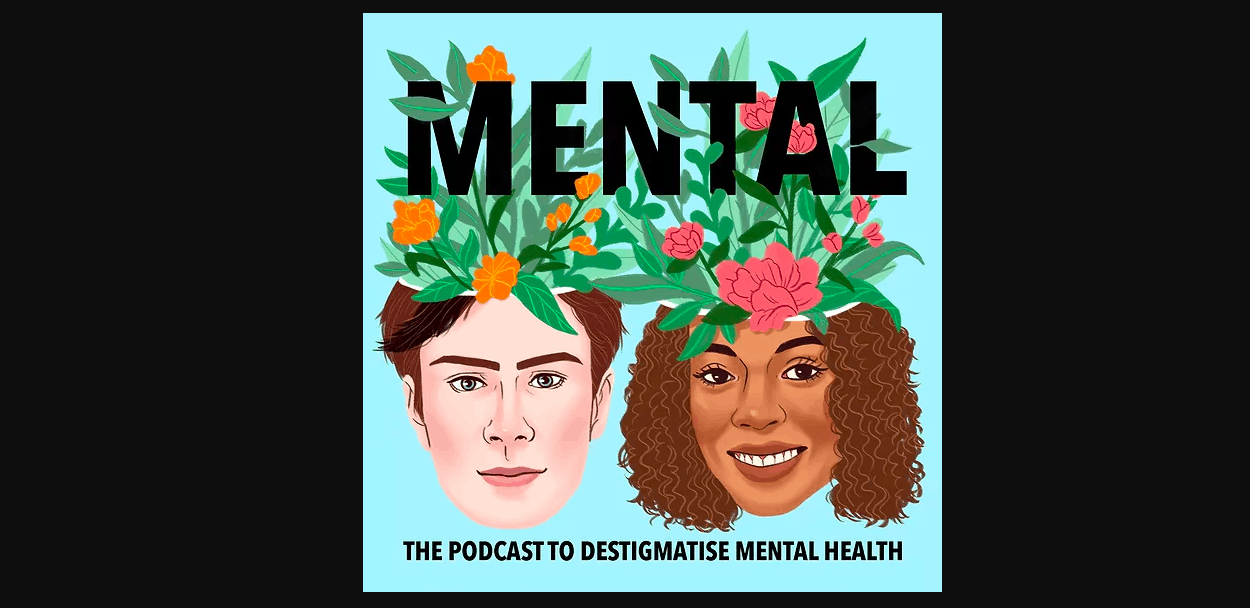Show Notes
Class is back in session on our latest Audience episode! This week, we’re taking it back to our community.
Across our Facebook groups and in conversations with customers, we hear a lot of great questions. Some that we’ve never thought of and others that frequently stump newbie podcasters. In our latest episode, we brought in five questions that we think don’t get enough air time.
But first, some exciting announcements with our company and platform. The first is that we announced our sister company, Podcast Motor, is moving under the Castos umbrella to help power Castos Productions.
We’re also excited to introduce a new member of the Castos team, Matt Medeiros. Host of the Matt Report and long time member of the WordPress community, you’ll hear from him in our future Audience episodes.
Your Podcasting Questions Answered
Dipping into our community of podcasters to answer questions about their pain points is why we’re here. So we dove into our Facebook groups and customer inquiries for this latest set of burning podcast questions.
Do you recommend seasons for a podcast?
Seasons is a term that Apple introduced a few years back to group episodes together within a single RSS feed. Typically, the episodes makes sense together and follow a similar topic or storyline.
For podcasts that have a story arc, chronological time sequence, or follow a time-sensitive activity, seasons make sense. It’s a way to logically order episodes and give your audience a more seamless listening experience.
Another factor to consider is using seasons to build in a break. Having a logical end to a group of episodes offers an opportunity to take a break from publishing new episodes. While our advice typically is to consistently produce content to keep an audience engaged, seasons can help manage expectations. Remind listeners that the season is XYZ episodes long and to expect new content a few weeks after the final chapter is published.
Do you suggest recapping previous seasons before introducing a subsequent season?
What’s the first thing that happens when a new season of any TV show premieres? A montage of the drama and climaxes aires first to remind viewers what happened leading up to the first episode.
This tactic is perfect for podcast seasons too. Highlight the key players, bring people up to speed, and orient them on where you left off. It allows listeners to follow along more easily and have some background before diving into your latest episodes.
To create a recap intro, pull soundbites from episodes from the previous season. It can be repurposed for promotional materials to bring buzz to the upcoming season and entice new listeners to explore your back catalog.
Any advice on reaching out to celebrities or notable personas to share your show?
Whether your guests are minor or major celebrities (or not celebrities at all), our stance is that you need to provide value to the person you’re pitching. When an interesting article, YouTube video, or podcast episode catches our eye, the first instinct is to share it. Finding the niche value your content provides is where you can unlock virality.
When pitching someone, specifically call attention to the value the content provides. An unexpected quote that directly aligns to the person or a piece of data that supports their point of view are personal ways to grab their attention. Create beautiful assets and include them with your pitch to make it super simple for your target to share.
Is it possible to change your podcast cover art? And when is it a good idea?
The answer to “is this possible?” is absolutely. If you use Castos or Seriously Simple Podcasting, you can change your cover art image at any time. Directories like Spotify and Apple Podcasts take a few hours to refresh a podcast’s artwork.
One note to help you avoid some headaches. Name the new cover art image with a different file name than the one you’re replacing. It’s a trigger to the directories that you uploaded a new image.
So is it a good idea? We think yes. Your podcast is a living thing. It evolves, serves new purposes, and grows up as you continue creating more content. To keep up with a refreshed sound, a refreshed cover art image is a good idea. If the idea and theme that your podcast serves changes over time, then it’s time to update your artwork.
As always, keep the audience abreast of the upcoming change so they can continue easily finding your show.
What service do you recommend for transcriptions?
We’re a bit biased for this answer because Castos offers pay-as-you-go transcriptions services right within your dashboard. It starts at $0.10/minute and it’s an automated service that will transcribe each newly uploaded episode. You can download full PDFs and edit the final transcription.
Another tool that we like is called Descript. It’s an audio editing and transcription tool that lets you add music and sound effects. You can edit the transcription and the tool will edit the audio as well!
If 100% accurate transcriptions are what you’re after, consider a human transcriber. The price starts at $1.00/minute but you can guarantee there won’t be any answers. We like Rev as our preferred tool but you could also go to Fiverr for more options.
Resources Mentioned In This Episode
- Subscribe to Audience
- Learn more about Castos Productions
- Learn more about Castos’ automatic transcriptions
- Check out Descript
- Check out Rev





